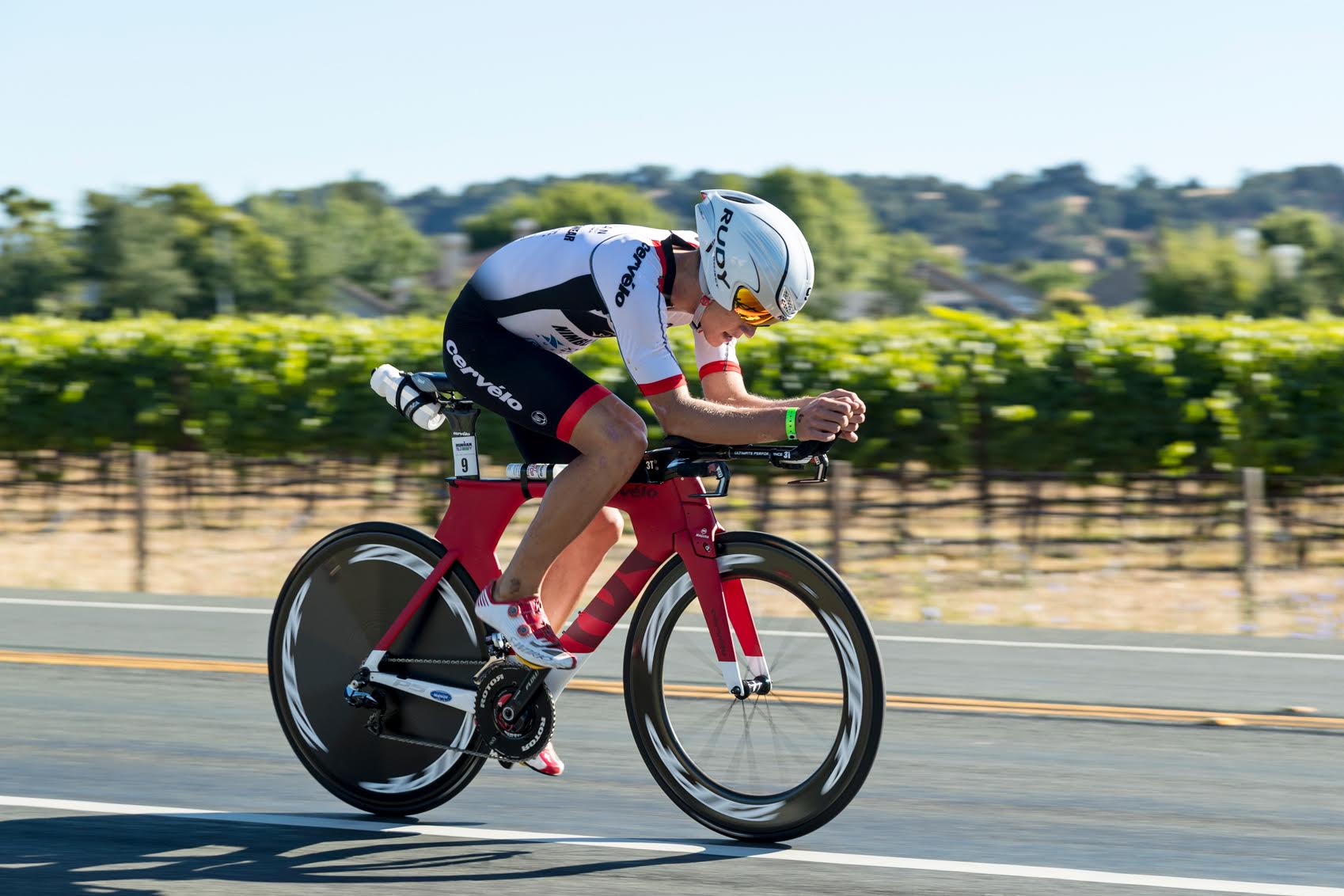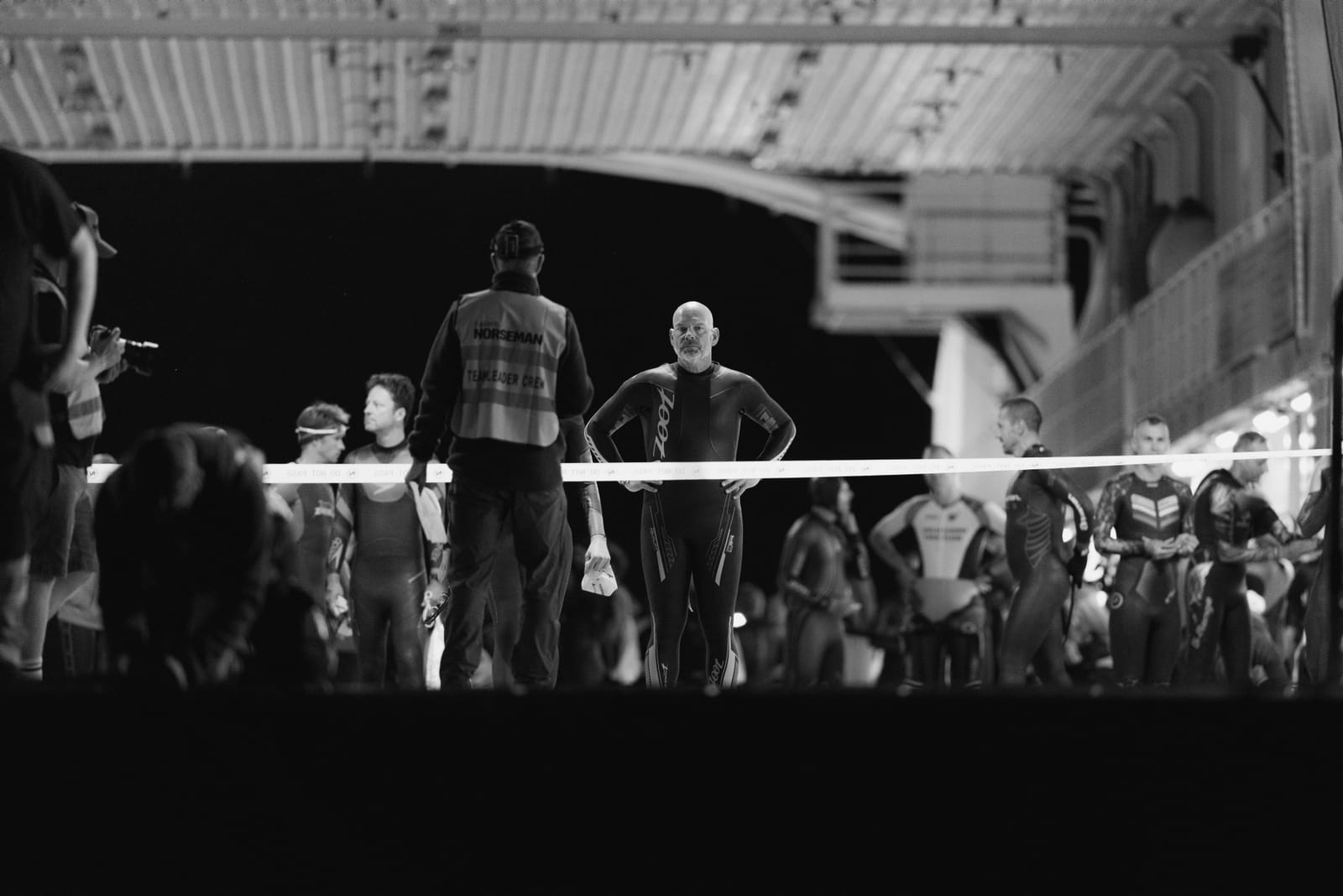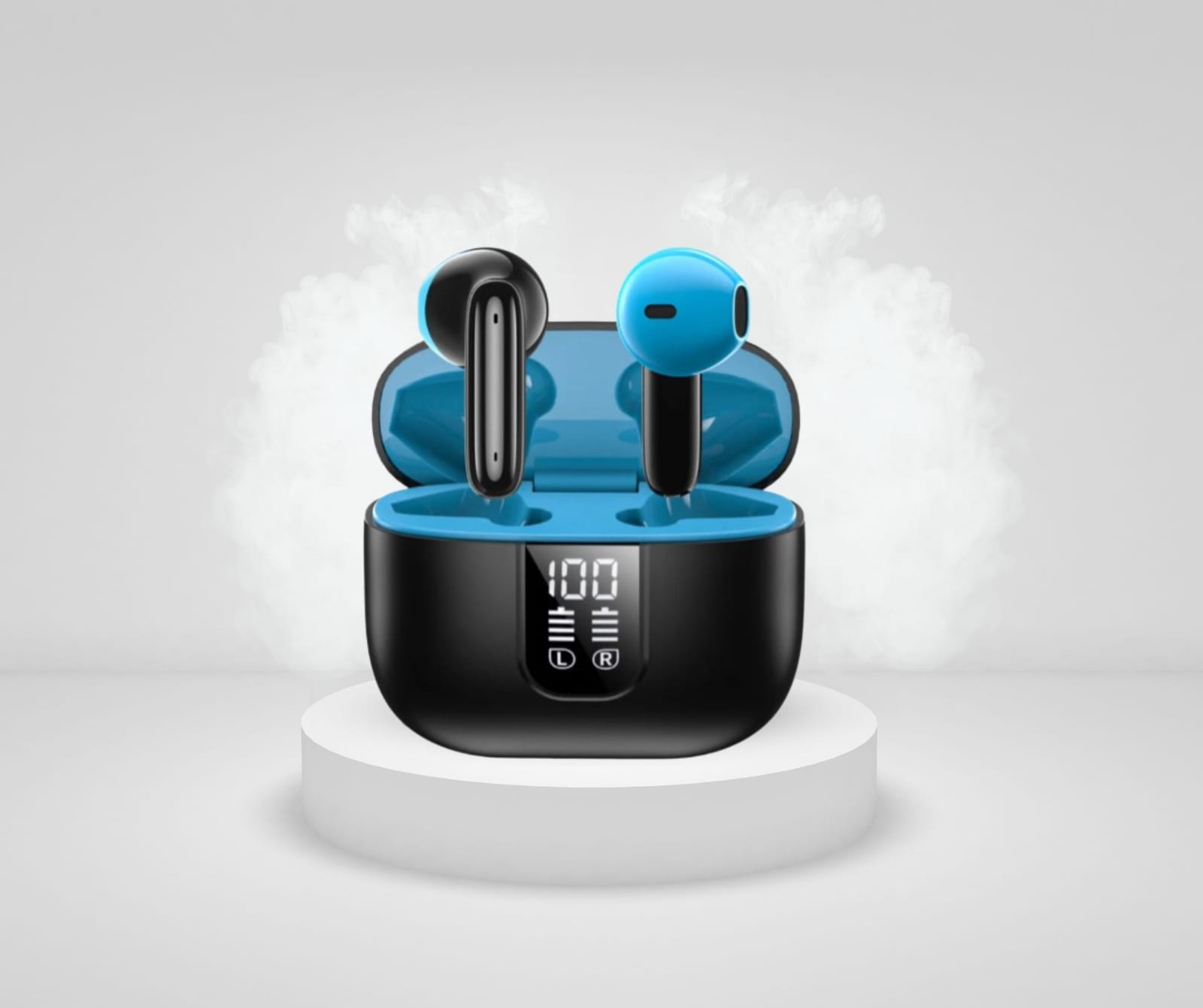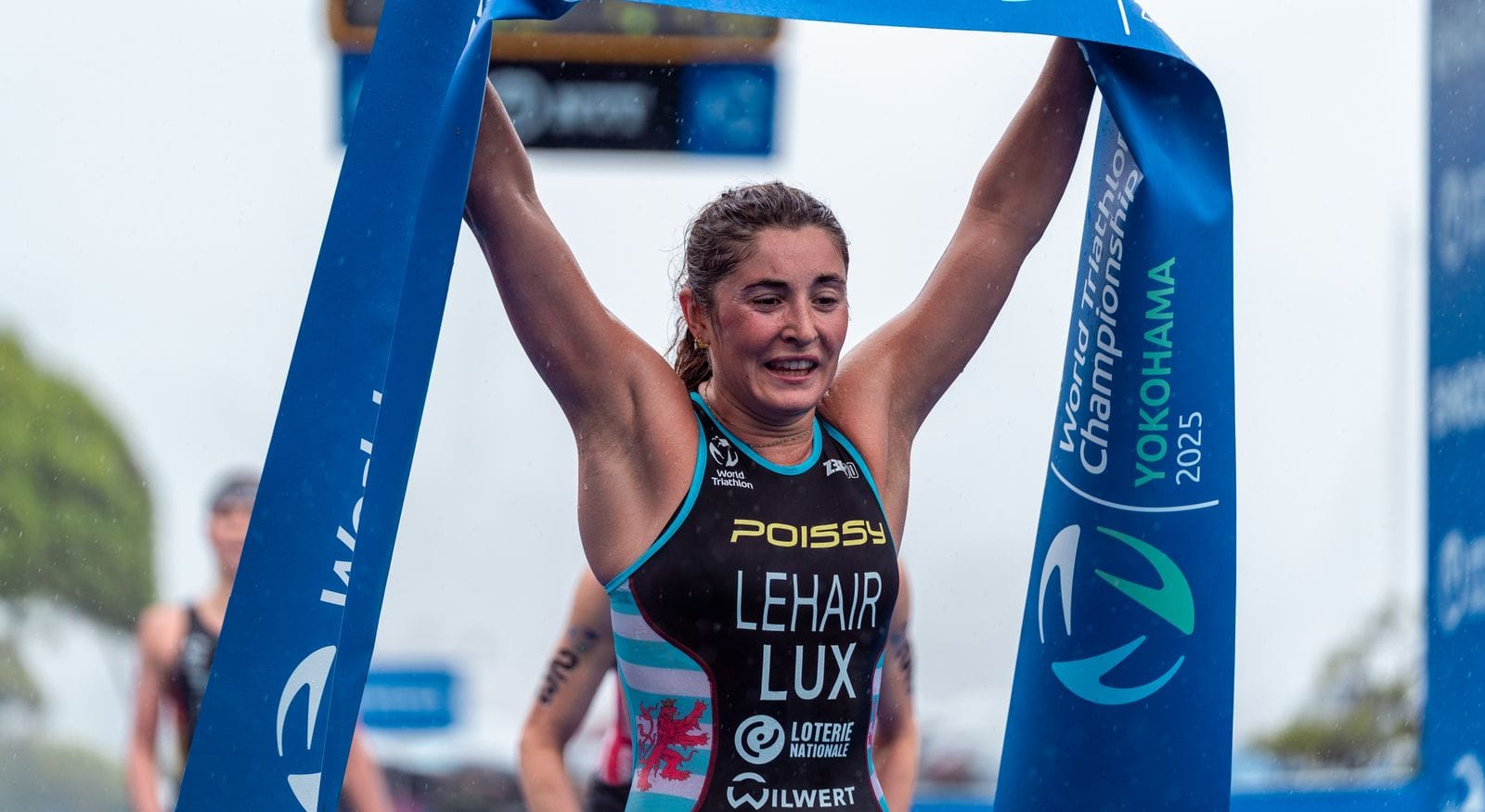Picture this. It’s just four weeks to the Ironman World Championships and Australian triathlete Jake Montgomery experiences his first incomplete finish at the Asia Pacific Championships in the Philippines. Excruciating knee pain forces him out of the run, and despite subsequent scans, acupuncture, physiotherapy and doctors appointments, the cause of the pain remains unknown.
Not one to give up though, Jake keeps getting treatment and hopes that the knee might come good at least a week out from World’s . The Tuesday before the competition, though, Jake does what he didn’t want to have to do- he emails his sponsors and tells them he has to pull out.
Two days later, he wakes up and the knee doesn’t feel too bad. Hesitantly, throwing his sneakers on, he heads out for a short twenty minute run and the knee doesn’t flare up. The same happens on Friday and, throwing in a short ride just to test it, Jake couldn’t be happier. “I really didn’t want to miss racing the worlds in Australia, so I figured I’d head up to the competition and give it a go. Regardless of [the] outcome, I just wanted to be a part of it,” he says. The day before the world championships, Jake is feeling confident. He heads out for a swim, and is thrilled his knee feels great. After lunch with his fellow competitors, he decides to head out for a 30-40 minute bike ride.
“I always go a for a pre-race bike ride. I’d been up to Mooloolaba before and knew the route I wanted to take,” Jake notes.
Heading north, the traffic isn’t bad, and there are plenty of other bikers around Jake. He looks down at his Garmin and sees he’s already been riding for fifteen minutes. “I thought I’d better turn back soon… that’s the last thing I remember.”
On his way back into Mooloolaba to join his fellow triathletes, a car smashes into Jake on his right side, causing brain bleeding and swelling in several places, multiple fractures and muscle tears on the right side of his body and knocking him unconscious.
“The police reported that as I was heading south along a straight stretch, the driver was heading north along the same road and made a right turn into a driveway and collected me,” Jake explains. “He’s been charged now. He was completely at fault. I don’t remember anything other than heading out for the first half of my ride, but I’m told I was rushed to hospital and the police rang my parents.”
Jake suffered a traumatic brain injury, and multiple fractures throughout his torso. The day after the accident, on Sunday, he was still unconscious. The bleeding on his brain wasn’t stopping and the prognosis was poor. He was then transferred to ICU until he was transported to Brisbane’s neurological ward. Thankfully, on Monday he began improving and regained consciousness, however he still has no recollection of his week in hospital.
“My parents were really shaken up, being by my bed thinking the worst on the Sunday. They didn’t think I’d be back walking around like I am today. Luckily I came through on Monday,” he says. Despite the pain of the fractures, it’s the brain injury that is most serious.
After the initial impact of my head hitting the car, I then went down on the road straight onto my head. My helmet was cracked and shattered. It saved my life. I was in a Rudy Project TT helmet at the time. If I was in any other helmet I think it would have been a way worse outcome.
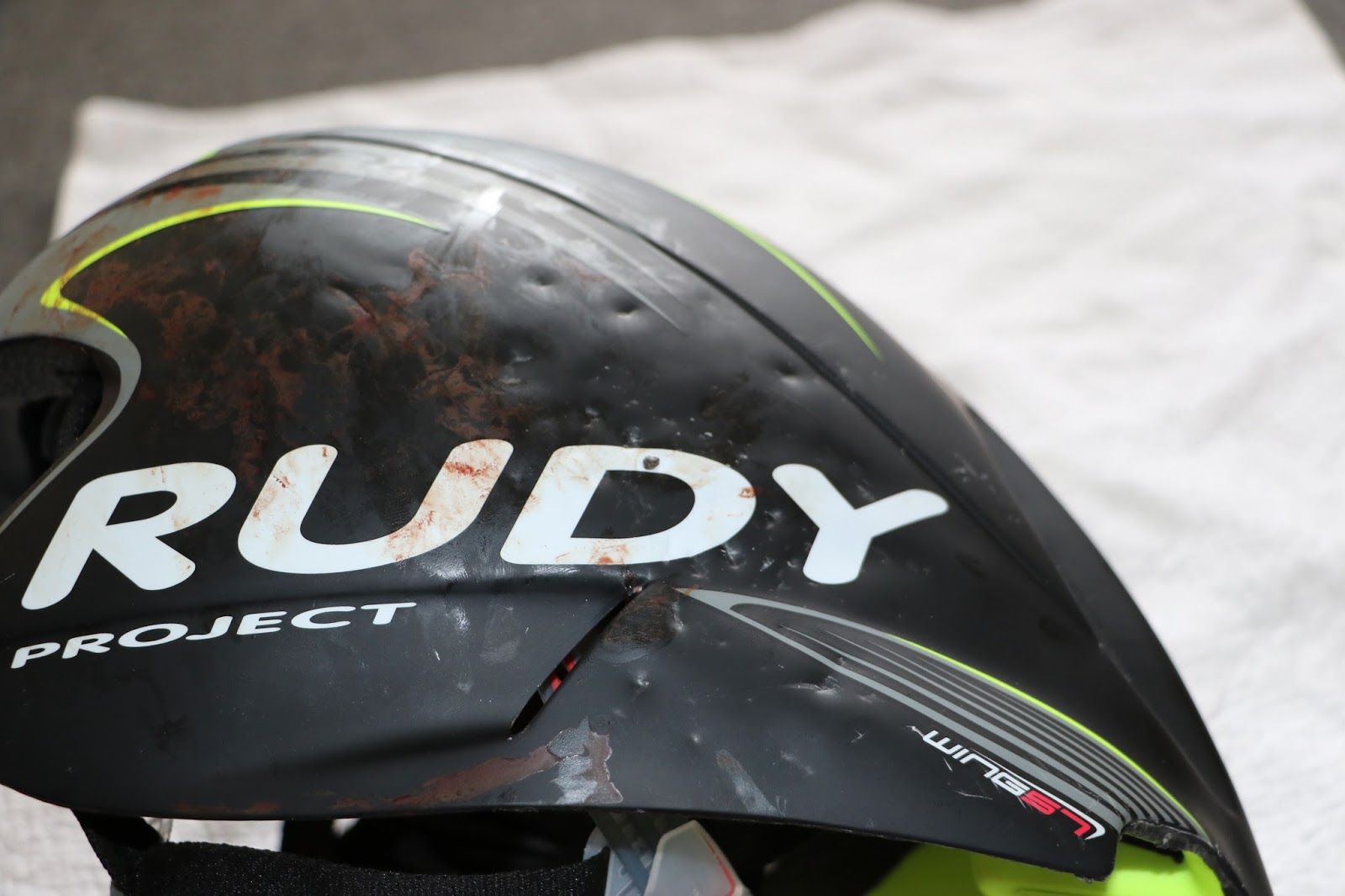
Now, Jake’s doctors have restricted his activity to just ten minutes of walking every morning – a dramatic change for an athlete who is accustomed to pushing his physical boundaries daily. “I’m seeing the neurologist, and he’ll tell me what I can and can’t do. At the moment they’re telling me it’ll be four months ’til I can train again,” he says.
Four months seems like a long time for anyone recovering from injury, but for an athlete it seems like a lifetime. Like most triathletes, Jake has always been incredibly active. Starting out running and swimming for his school at a state level, he began triathlons nine years ago after his swimming coach told him he’d be a great fit for the sport. And he was.
“I started doing long course races, but the turning point for me was when I decided to head to the US and train and race there. I’d only done two 70.3 races but I was keen,” he recalls.
Managing his nutrition was the main challenge for Jake as he made the transition from ITU Short Course to 70.3. Finding the run caused his legs to struggle due to insufficient nutrition through the bike leg, Jake was eager to learn how to manage his intake. “Craig Alexander really helped me with my nutrition – how much I should be taking and when to take it. I spent time with him in Boulder last year too and he’s always happy to help me. I learned heaps from him.”
With his nutrition under control, Jake powered through race after race, with a standout performance in the 2015 Mandurah Ironman, finishing second with a time of 03:46:33. With a huge lead after the swim, Jake “went flat out” in the bike leg, riding all of the 90km race solo. “I still think it’s the best ride I’ve done,” he says. He was run down in the last few kms.
With incredible results under his belt in 2015 and being crowned Geelong 70.3 Champion earlier this year, the serious brain injury he’s currently dealing with is a huge blow and something he’d never thought he would encounter.
“I thought pro athletes were invincible when I was a junior,” Jake sums up. “You realise though it’s not true, it’s just not really reported in the media.”
Jake is currently working hard at his rehabilitation, and will be sharing updates of his progress with Trizone over the coming months. Check back in to see how one of Australia’s best triathletes is managing this serious injury.


